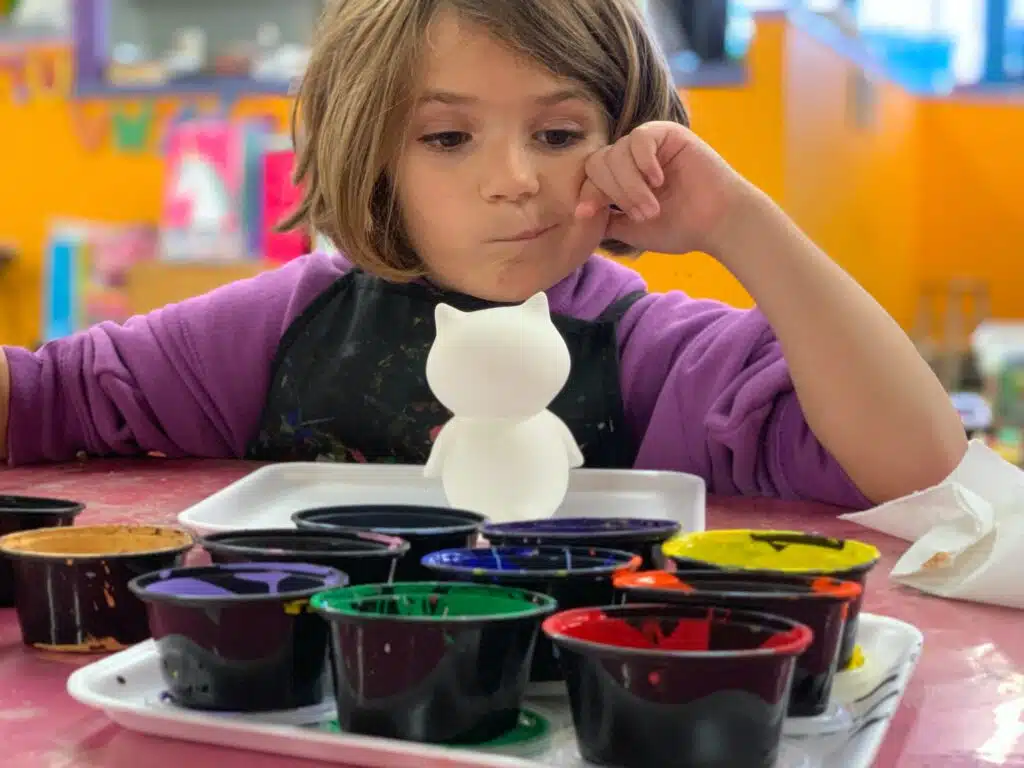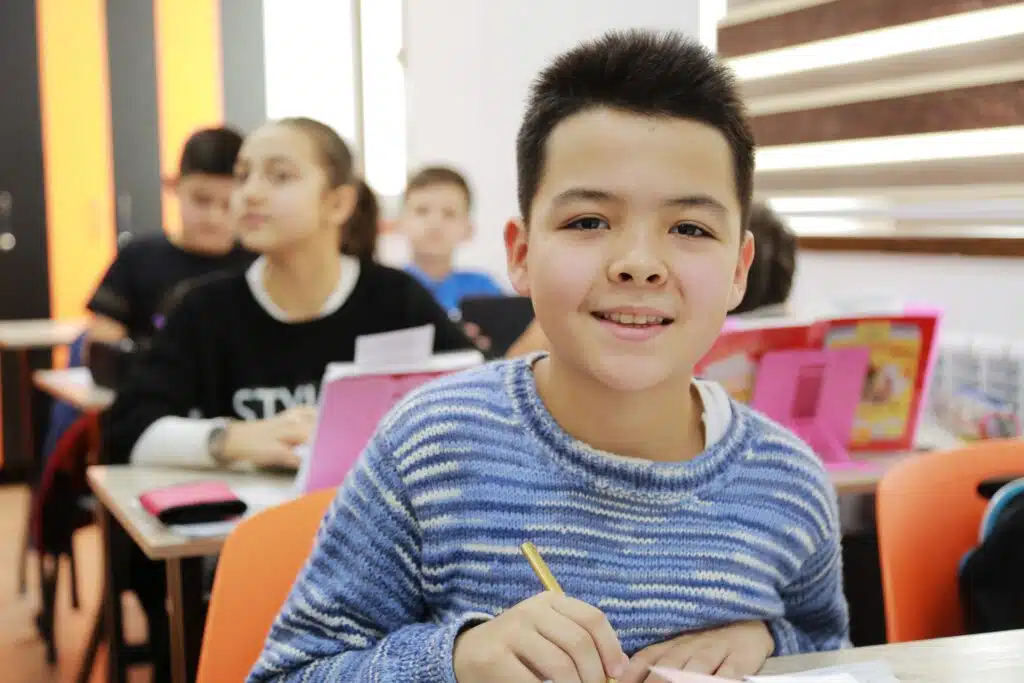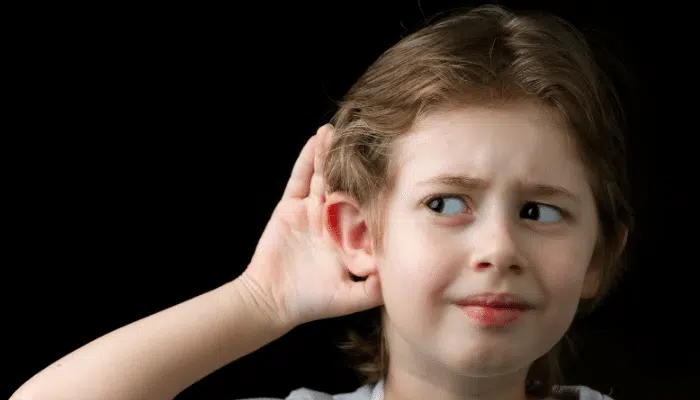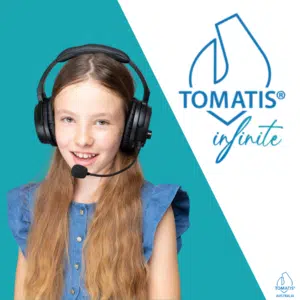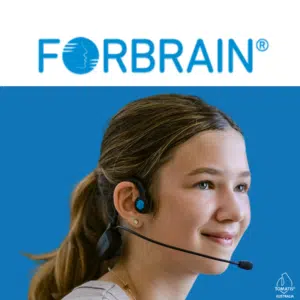Do you suspect your child has speech and language issues?
Is your kid diagnosed with a disorder that disrupts his/her speech, fluency or language, but you aren’t sure how effective speech-language therapy could be?
While a few parents think that their kids with language problems will eventually learn to speak fluently and get involved socially, experts and professionals in this field recommend getting the kid diagnosed at an early stage so that the right treatment and therapies, such as the speech-language therapy can be implemented.
However, several parents or a family member, for that matter, neglects the use of speech-language therapy reasoning regarding its benefits while wondering if it’s even effective in the long term.
According to a study, Australian speech-language pathologists indicate towards the families who were engaged in early speech-language pathology/therapy intervention and are actively invested in it today, inside and outside of the health centre.
